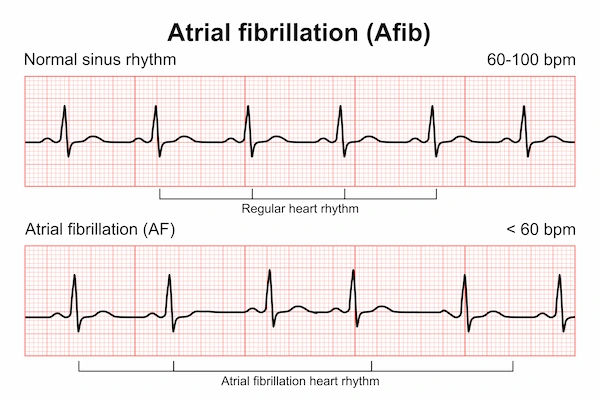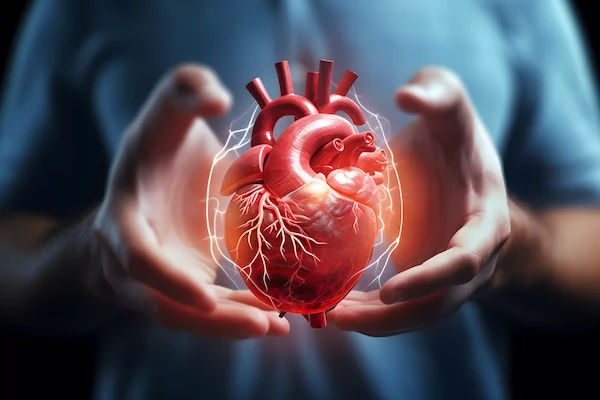- male
- 50 Years
- 07/02/2025
I've been dealing with high blood pressure, like around 15080, for a bit now, and my doctors assistant put me on Stamlo 10mg twice a day. Over time, they gradually reduced it to 10mg once a day, then to 5mg, then 2.5mg, and finally half of 2.5mg because my BP stabilized. Now my doctor said I could stop taking the meds and just monitor my BP for a week. If it stays normal, I can stop the meds and just focus on a healthy lifestyle. But, if it goes up again, I might have to be on meds for life. Im worried about stopping the meds completelyis it safe to just stop like this? Could it have any serious effects on my health? What do you think?
Answered by 1 Apollo Doctors
nothing will happen you follow regular check ups
Dr. Kareemulla Suggests...
Consult a Cardiologist
Answered 04/07/2025
0
0

More Cardiology Health Queries
View allI'm having trouble breathing when I lie on my back, and I've been dealing with chest pain. There's no constant cough, but I do cough sometimes, and I haven't had a fever. I've also been experiencing nausea and the urge to vomit, along with shortness of breath. Every now and then, my head spins, and I start sweating and feeling numbness in my body. It's been about 57 days now with the breathing trouble, short breath, and chest painshould I be worried? Is it safe for me to visit a hospital right now?
do chest xray and proceed further
Answered by 1 Apollo Doctors
I'm a 28-year-old guy and I've been on high BP medicine, Telma 40, for about 2 years. Whenever I lie down, especially on my left side, I can really feel my heartbeat. It's like it's beating outside my chest, and it's making it hard for me to sleep. I've had an ECG and a 24-hour Holter monitor test, and both came back normal. Can you help me understand why this is happening and what I can do about it?
- Feeling your heartbeat while lying on your side is often normal, especially if you're aware of your body due to anxiety or stress. Since your ECG and Holter are normal, it's unlikely to be serious. Try sleeping on your right side, managing stress, and l
Answered by 1 Apollo Doctors
I sometimes experience this sharp, pricking sensation in my chest, but it only lasts for a few seconds. Other times, its like a quick, intense catch pain that doesn't last longer than about 23 seconds. I've already done all my blood tests and cardiogram, and everything came back normal. Can you help me understand what's causing this pain?
u need an ECG for further evaluation of chest pain and also cardiac biomarkers essay study is indicated.
Answered by 1 Apollo Doctors
Disclaimer: Answers on Apollo 247 are not intended to replace your doctor advice. Always seek help of a professional doctor in case of an medical emergency or ailment.





